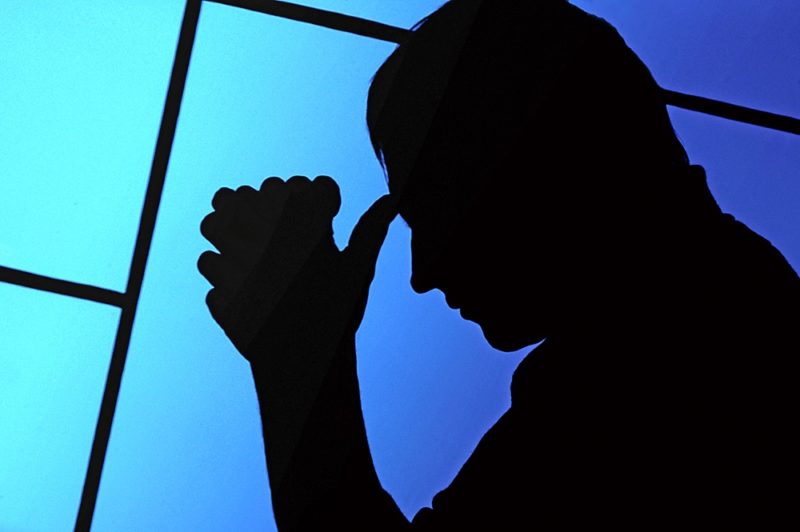by Dan Stollenwerk
I hate it too.
And who wouldn’t? A cardinal sleeping with seminarians — an open secret; priests raping children — and bishops quietly moving them to outlaying parishes; parishioners finally collecting the courage to report an incident— only to be chastised by the local ordinary for
slandering one of his own.
Then again, that was just an American thing — until it wasn’t. Now the scandal haunts Chile and Honduras, Ireland and France, Kenya and Tanzania, Australia and New Zealand.
Who was not shocked by the Church findings across the Tasman? Sexual abuse allegations against over 20 per cent of Marist brothers, 20 per cent of Christian brothers, and 40 per cent of the Brothers of St John of God (those are percentages of religious in those
organisations serving in Australia between 1950 and 2010 — according to a report by an Australian royal commission).
And the bishops knew it. They knew it! They knew what was going on and they covered it. Even more, they covered for their own — the fraternity of bishops. Ross Douthat of The New York Times has called for an investigation, a prosecutor — “call it an inquisition
if you want” — into who knew what about the criminal activities of former Cardinal Theodore McCarrick, yet still allowed his rise to one of but 200 cardinals in the Church.
A lone wolf howling in the wind? It seemed so at first — till the United States Conference of Catholic Bishops essentially called for the same.
Then again, that could just be an American thing . . . And of course, none of this deals with the clerical financial scandals that have so far gained little press time. Compared to paedophilia cover-ups, swindling the widow’s mite hardly makes a headline.
The hierarchy, it would appear, has lost all moral authority. The institutional Church is crumbling. And, some might add, it’s all their fault — those out of touch bishops who protected their fellow deviant shepherds, those celibate princes who favoured institutional reputation over the gathering of God’s innocent lambs. Time to take our money and go.
“You! Hypocrite lecteur! — mon semblable, – mon frère!”
It would be naïve to think that the Western moral landscape between the two wars was any better than ours when T. S. Eliot borrowed these words from the earlier French poet Charles Baudelaire to address his reader as hypocrite! But, he added “— in his likeness,
— his very brother!”
It’s no use blaming the bishops. Given a similar era, culture and attitude, you and I would have done the same. Sins reflect the historical circumstance of the age. It is only in retrospect that we can be smug about an earlier age.
Jeremiah may have been correct to lambast the shepherds of Israel before the violent siege and destruction of Jerusalem. But you and I were not called from the womb to be a prophet to the nations. Nor have we acquired Jeremiah’s humility by suffering as perhaps no
one else for the redemption of Israel before the coming of Our Lord himself.
In other words, we’ve no room for self-righteousness, to think ourselves better than the other. Be it known: I’m not here to defend the indefensible. If crimes have been committed, may they be investigated; may justice ensue.
Having said that, however, we’re in this together. There is only one reason for the very existence of the Church: to witness to Jesus, born of flesh and blood from the womb of Mary. Today, our institution is wounded.
Our most devoted clerics walk in shame for the sins of their brothers. Our most faithful laity are embarrassed, angry and despondent with the Church they have loved throughout their lives.
Still, together, clergy and lay, in sack cloth and ashes, in prayer and in fasting, on bended knee before the altar, we must admit our personal, corporal and historic sin — we must ask God’s forgiveness and plead for his mercy — so that we may fulfil the only reason we exist: to witness to the world God’s saving love in the death and Resurrection of his Son, Our Lord, Jesus Christ.
Perhaps what is needed is a day of silent prayer — no talk, no homily, no reflection, no moralising, no attempt at meaning whatsoever; no liturgy, no petitions, no blessing, no music; and no food — just a people united in silence before the tabernacle of the Blessed Sacrament.
Dan Stollenwerk is the head of the Faculty of Theology and Philosophy at St Peter’s College, Auckland. He holds a doctorate in Theology from the Pontifical University of Salamanca, Spain.

Reader Interactions